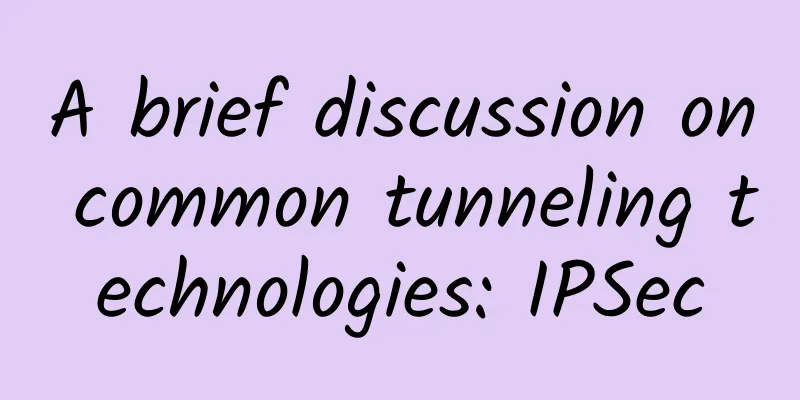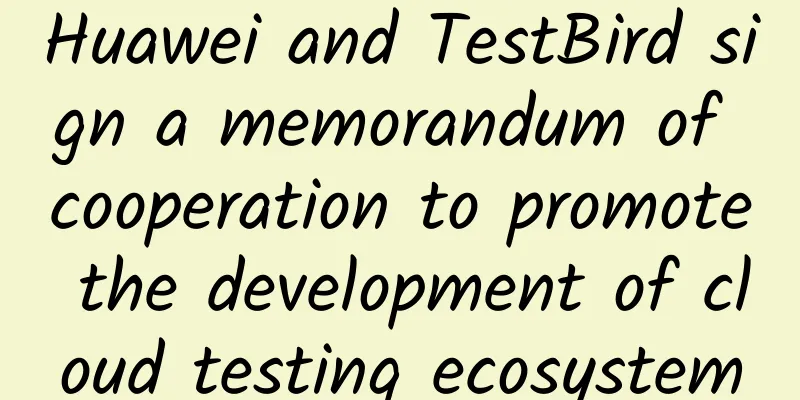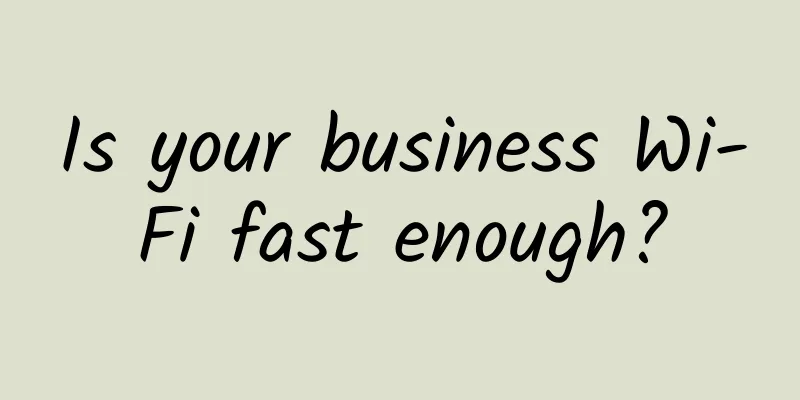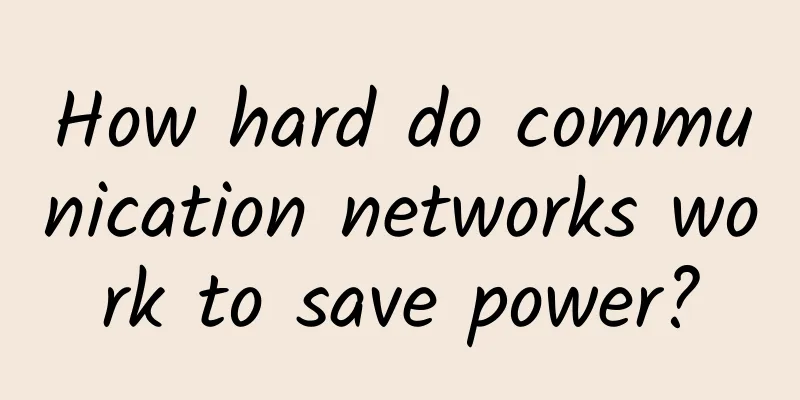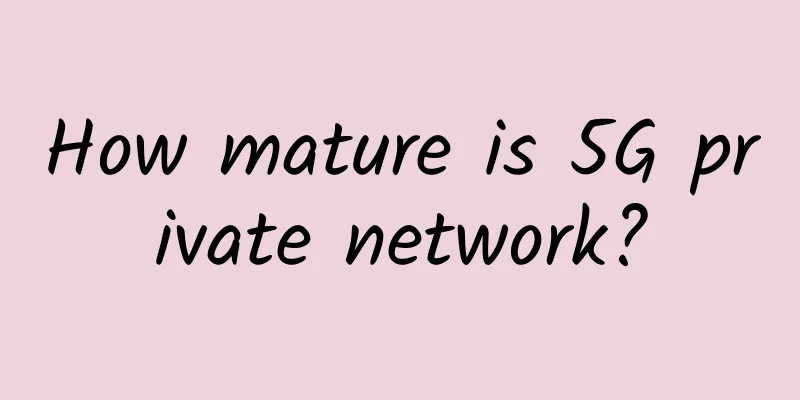South Korea plans to launch 6G network services in 2028, two years ahead of schedule
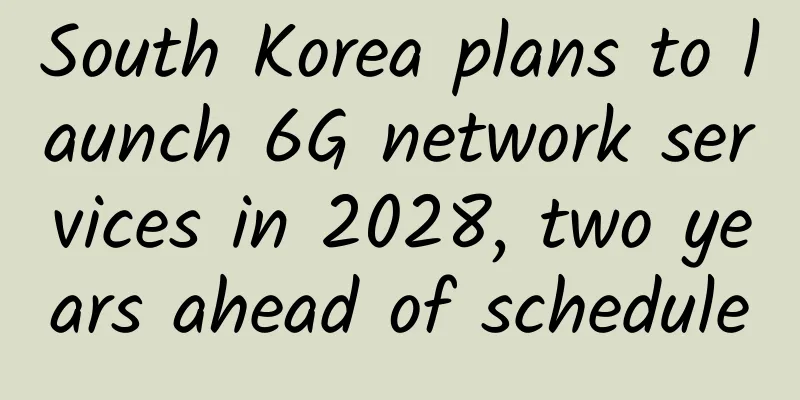
|
South Korea plans to launch sixth-generation network services (6G) in 2028, two years earlier than originally planned, in an effort to gain early dominance over future wireless frequencies, the Ministry of Information and Communications Technology said on Monday, Yonhap News Agency reported. Under the K-Network 2030 plan, the South Korean government will advance the launch of 6G network commercial services by two years by securing world-class 6G technology, innovating software-based next-generation mobile networks and strengthening the network supply chain, according to the Ministry of Science and ICT. At the same time, the South Korean government will also encourage local companies to produce materials, components and equipment for 6G technology domestically, and develop an open RAN, or open radio access network, compatible with any mobile device, enabling mobile operators and enterprises to provide flexible services. The ministry said that for the plan, a feasibility study of a 6G core technology R&D project worth 625.3 billion won (currently about 3.308 billion yuan) is being conducted. The advanced plan is designed to help the country stay ahead in the global competition for future network infrastructure after the 5G network race to meet the demand for higher speed and lower latency wireless communications. According to data from German analysis firm IPlytics, South Korea leads the development of 5G with a high number of 5G patents, while the previous 4G technology development was mostly dominated by American and European companies. Asia's fourth-largest economy accounted for 25.9% of 5G patents last year, close behind market leader China's 26.8%. The South Korean government said that in the upcoming 6G network patent competition, the goal will be to increase this figure to 30% or more. 6G, the sixth generation mobile communication standard, is also known as the sixth generation mobile communication technology. It mainly promotes the development of the Internet of Things. 6G is still in the development stage. The transmission capacity of 6G may be 100 times higher than that of 5G, and the network delay may also be reduced from milliseconds to microseconds. |
<<: What is the current status of 6G and when will it arrive?
>>: Healthcare and smart city services will lead 5G IoT adoption
Recommend
Sharktech: $99/month-2*E5-2670V2/32G memory/500G SSD disk/1Gbps unlimited traffic/Los Angeles data center
Sharktech is a long-established DC merchant in th...
Design and implementation of Nodejs-Ipc
[[347927]] This article is reprinted from the WeC...
A brief analysis of SMTP working principle
Email hosting is one of the main services provide...
80VPS: Hong Kong/Japan/Korea VPS annual payment starts from 299 yuan, Los Angeles VPS annual payment starts from 199 yuan
The tribe has been sharing that there are a few C...
RackNerd Spring Festival promotion KVM annual payment starts from $10.88, multiple computer rooms in Los Angeles/San Jose/Seattle
RackNerd has launched the 2022 Chinese New Year p...
Liu Liehong of the Ministry of Industry and Information Technology: As of October, more than 700,000 5G base stations have been put into operation
Since the issuance of 5G commercial licenses in m...
Several steps and tools for troubleshooting the network
Let me ask a question first. If one day you sudde...
Tencent Cloud Lighthouse Care, help you get up to 200 yuan in coupons
Tencent Cloud recently launched a lightweight wor...
Three-minute review! A quick overview of 5G industry development trends in April 2021
Since April 2021, my country's 5G development...
[Black Friday] Launchvps 40% off, 1G memory KVM monthly payment starts from $2.57
Launchvps released a Black Friday discount plan, ...
Is Bluetooth mesh the future of smart buildings?
Smart buildings, whether residential, commercial ...
Case | A sobering report on a major network failure
December 6, 2018 was a nightmare day for Japanese...
Where is the future research direction of communications?
[[284708]] A few days ago, I attended the second ...
As the demand for connectivity surges, 5G becomes the key to sustainable development of the ICT industry
[[343025]] As the global energy crisis intensifie...
Hosteons July promotion: Double memory or upgrade to 10Gbps port, starting at $16 per year, 5 data centers in Los Angeles/Dallas
Hosteons has just launched a promotion for July. ...
